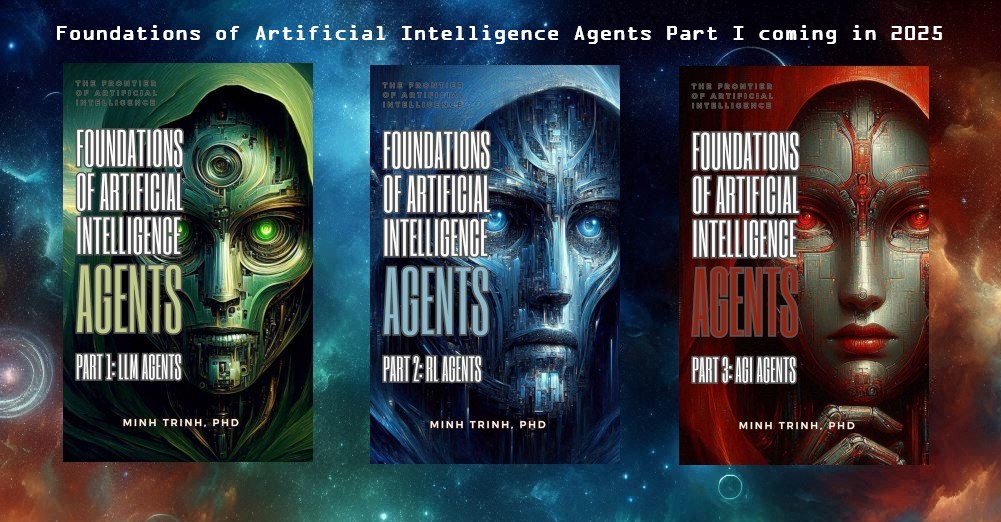One of the most seminal papers written on artificial intelligence was by Alan Turing in 1950. The paper describes the famous Turing test to determine if machines can think. We encourage you to read it.
Alan Turing calls it the Imitation Game. It involves three parties A, B and C. A is the machine, B is a human and C interacts with both A and B by text to figure out if A is a human or a machine and B is helping C. If the probability of success of C does not change whether A is a human or machine then Turing suggests that “machines can think”.
This indirect approach has the advantage of being more objective that directly addressing the question of whether a machine can think. The disadvantage is that it does not differentiate between pretending to think and thinking. A very good imitation could win the imitation game!
It was also mentioned in the movie The Imitation Game:
https://www.youtube.com/watch?v=IwVzwsam1NM
We feel that the question has now be answered at least in some specific domains such as games (see AlphaGo). It is now demonstrated that computers can be better than humans. It would be strange to still argue that computers do not think when hard thinking humans cannot beat them in such intellectual tasks.
Some confusion arises when thinking and consciousness are deemed to be equivalent. Turing cites the objection of a Professor Jefferson:
[The Argument from Consciousness] This argument is very, well expressed in Professor Jefferson’s Lister Oration for 1949, from which I quote. “Not until a machine can write a sonnet or compose a concerto because of thoughts and emotions felt, and not by the chance fall of symbols, could we agree that machine equals brain-that is, not only write it but know that it had written it.
No mechanism could feel (and not merely artificially signal, an easy contrivance) pleasure at its successes, grief when its valves fuse, be warmed by flattery, be made miserable by its mistakes, be charmed by sex, be angry or depressed when it cannot get what it wants.”
If we consider birds it is clear that they are thinking creatures. We do not know if they are conscious though some researchers believe that consciousness is not restricted to humans (see The Cambridge Declaration of Consciousness).
Now if we compare AlphaGo to a bird, it is easier to conclude that AlphaGo is thinking as much as a bird and is even “smarter” than a bird in many domains. We do not need to investigate if AlphaGo has a conscience.
On the last point we note that some recent research of the Theory of the Mind seems to give a machine the ability to represent mental states of others including their desires, beliefs and intentions. It might be possible for the machine to apply the same model to itself. This will make the machine close to being conscious. This will be subject of another post.

